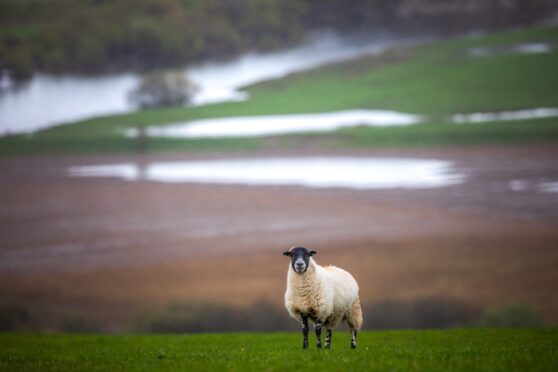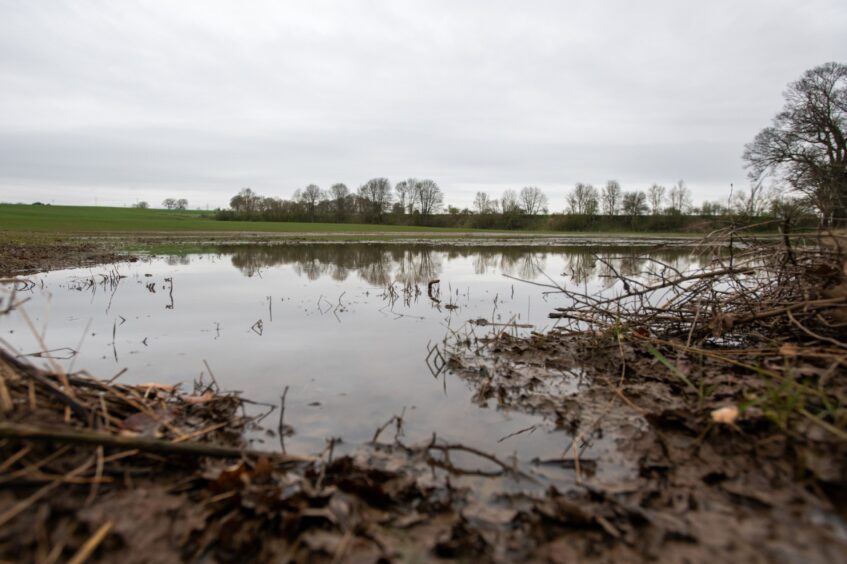NFU Scotland has written to the Scottish Government calling for a number of short and medium term measures to support the industry on the back of one of the most challenging springs on record.
The letter points out that the usual spring work has been extremely challenging for farmers and crofters.
Lambing and calving have been extremely difficult and losses, late turnout and additional feeding requirements have resulted in significant financial and emotional pressures.
NFUS makes plea for grant scheme support to those affected
Cereals and oilseeds businesses have been unable to get spring sown crops established, with some only beginning to make progress this week.
Meanwhile, winter sown crops have struggled so badly in some locations that they have been written off and will need ripped out or re-sown.
Other routine but highly time-dependent tasks such as fertiliser and plant protection product applications have not been completed.
This will result in yield and financial losses come harvest time creating further physical and financial pressures.
In the short term, NFUS is asking for:
- A temporary suspension of all farm-based inspection requirements
- A pragmatic approach to enforcement of environmental regulations, including elements of the Good Agricultural and Environmental Conditions (GAEC), the Diffuse Pollution General Binding Rules (GBRs) and the requirements of Nitrate Vulnerable Zone (NVZs) Action Plans.
- A temporary derogation from Ecological Focus Area (EFA) Fallow requirements under Greening rules.
- An immediate review of the The Water Environment (Controlled Activities) (Scotland) Regulations 2011 (the ‘CARs’) to allow proactive water course management to protecting agricultural land from flooding risks.
The creation of beaver ‘exclusion zones’ on very productive agricultural land protected by floodbanks.
In the medium term, the union is asking for:
- The return of £46 million of still outstanding uncommitted funds to the Agriculture and Rural Economy (ARE) portfolio.
- Of which, £40 million be returned as resource via a top up to Basic Payment Scheme (BPS) and Greening payments – equating to a pro rata top up of approximately 9.5% which could be delivered as part of the BPS 2024 payments schedule.
- The remaining £6 million to be spent as capital through a grant scheme open to all agricultural businesses to build resilience to weather extremes.

